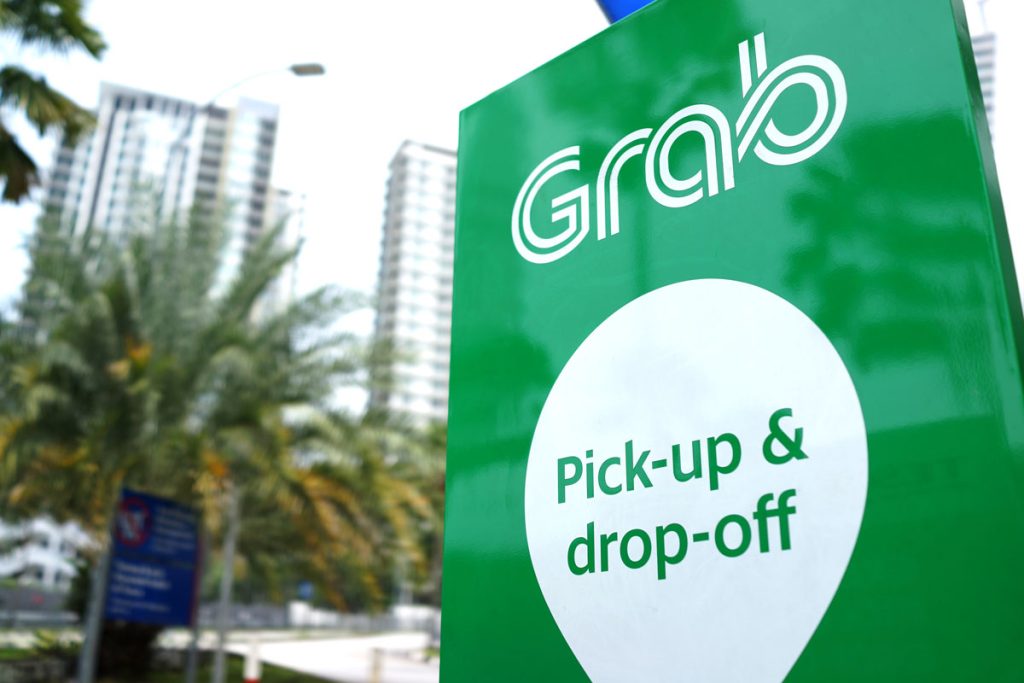Curious about Singapore’s Registry of Moneylenders, what their role is, and how they play a part in safeguarding borrowers’ interests? We’ll provide you with the answers to your burning questions in this article that focuses on the Registry of Moneylenders.
What is the Registry of Moneylenders?
The Registry of Moneylenders is an entity of Singapore’s Ministry of Law. It aims to regulate authorised money lenders in Singapore and cultivate a safe and professional moneylending industry in the Lion City.
What is the role of the Registry of Moneylenders?
The Registry of Moneylenders oversees the registration and regulation of all licensed lenders in Singapore. The Registry’s scope of responsibility is wide and it takes on a fairly large number of tasks.
This entity under the Ministry of Law has the power to grant or reject a licence issuance or renewal to money lenders — this is precisely why licensed lenders have to comply strictly with all relevant laws and regulations if they wish to continue their moneylending business legally. And yes, the Registry has the power to revoke a money lender’s licence as well.
What’s more, even if a licensed lender wishes not to renew its licence and perhaps wind up its business, it still has to inform the Registry at least a month before its licence expires.
In short, the Registry of Moneylenders is responsible for ensuring that the moneylending industry in Singapore remains a highly regulated one. It protects the safety of borrowers by making sure that licensed lenders do not publish advertisements that are false or misleading. This includes displaying an interest rate that’s lower than the actual one charged.
Apart from regulating the legal moneylending industry in Singapore, the Registry of Moneylenders safeguards borrowers’ interests and provides a wealth of resources for borrowers. More on that below.
How does the Registry of Moneylenders protect borrowers?
1. Loan limits for unsecured loans
Loan limits are in place for unsecured loans from licensed lenders. This is to ensure borrowers do not overstretch themselves when it comes to getting credit.
According to regulations, at any one point in time, the maximum total unsecured loan a borrower can obtain from a licensed lender is 6x their monthly income, if they make at least $20,000 a year. This applies regardless of whether the borrower is a Singaporean, Permanent Resident or Foreigner living in Singapore.
For those who earn at least $10,000 but less than $20,000 a year, the maximum total unsecured loan they can get across licensed lenders is limited to $3,000.
Singaporeans and Permanent Residents who earn less than $10,000 a year can borrow up to $3,000 on unsecured loans across money lenders at any one time while Foreigners are limited to a maximum of just $500.
2. Interest rate caps
Licensed lenders are only allowed to levy interest rates and late interest rates of up to 4% monthly, nothing more. Most lenders charge an interest rate ranging from 1% to 4% monthly.
3. Late fee cap
Licensed lenders are only permitted to charge a late fee amounting to $60 or less for every month of late repayment. Make sure your lender adheres to this rule at all times!
4. Administrative fee cap
While all licensed lenders are allowed to charge administrative or processing fees when the loan is being granted, this fee cannot be more than 10% of the loan principal. Additionally, licensed lenders are not permitted to get borrowers to pay this fee upfront — it can only be deducted from the approved loan sum prior to loan disbursement.
5. Total chargeable interest and fee cap
Did you know there’s a limit to the total amount of interest, late interest, administrative fee, and late fees a licensed lender is allowed to charge? The total amount of all the abovementioned fees and charges cannot be more than the borrower’s loan principal. This applies no matter what the borrower’s loan principal is.
6. Restriction on unsolicited lending
Licensed lenders are not allowed to solicit loans no matter how prevalent this course of action is amongst illegal and unlicensed lenders. Lenders cannot —and should not— proactively approach potential borrowers to advertise or share about their loan services.
7. Compulsory explanation of loan terms within contract
Licensed lenders are obliged to thoroughly go through and explain the loan contract’s terms and conditions with their borrowers before loan contract signing takes place. This must be done in a language that the borrower fully understands, so he or she can make an informed decision about whether or not to take up the loan offer.
8. Furnishing borrowers with statement of accounts
All licensed lenders must provide their borrowers with a complimentary statement of account for all their loan(s) no less than once in January and July every year. The statement of accounts must always include updated and correct details, such as name, date, and amount.
9. Harassment protection
While the Registry of Moneylenders cannot prevent licensed lenders from harassing borrowers, they can investigate and take action against these errant lenders when victimised borrowers take action to lodge complaints.
Harassment can take place in many forms, including but not limited to using threats, abusive language, vulgarities, insulting words, rude actions, taunting behaviours, actions that annoy the borrower, etc.
Important information borrowers can get from the Registry of Moneylenders
1. List of licensed moneylenders in Singapore
As a savvy borrower, it is always a good idea that you do your due diligence before committing to a loan. You can access the list of registered lenders in Singapore anytime, anywhere, and at no charge.
This list is regularly updated to show all the licensed lenders in Singapore at any point in time — money lenders whose licences have been suspended will be made known at the bottom of the list.
In case you’re wondering, you should only borrow from money lenders with valid licences! As a matter of fact, there have been increased cases of scammers and unlicensed lenders masquerading as licensed lenders to deceive victims into taking loans from them.
With a wide range of banks and licensed lenders available in Singapore, you should never turn to loan sharks for your cash flow needs, no matter how desperate you are.
2. Where to report licensed lenders that flout moneylending rules
You can contact the Registry of Moneylenders at 1800-2255-529. Alternatively, you may also leave an enquiry via their form.
Rest assured your details will be kept confidential — the Registry will not disclose your details to the money lender you’re reporting without your consent.
Note: The Registry of Moneylenders cannot help negotiate terms with your lender
If you’re facing financial difficulties and are unable to repay your lender, consider approaching social service agencies for assistance in negotiating a debt repayment plan with your lender. Unfortunately, the Registry of Moneylenders is not in any position to assist you in this regard.
However, what you can do to prevent this from happening would be to take on debt wisely. Do not borrow money to pay off another debt and ensure that your income is enough to pay off the loan you have taken up within its loan tenure.
Additionally, ensure that you fully understand the terms of the loan’s contract. Ask the licensed lender’s loan officers anything and everything as you’re looking through the contract. Don’t be caught unaware of any additional fees or charges that may be hidden in the fine print.
Conclusion
The Registry of Moneylenders helps to regulate an industry in Singapore that admittedly does not have a good first impression when mentioned. However, licensed lenders are professional organisations that have to pass a stringent set of tests in order to conduct the business of moneylending. All reliable lenders strive to operate within the law, at the highest standards.
One such licensed lender you can safely consider is MM Credit, a highly reviewed money lender in Marine Parade. Applying for a loan on our website is quick and easy — submit a simple form or apply via Singpass. Our friendly and experienced loan officers will be in touch with you in no time.
About the Author
As a premier professional lender that is focused on assisting customers with their unique loan needs since 2010, MM Credit regularly dishes out well-crafted content on loans and personal finance.



































